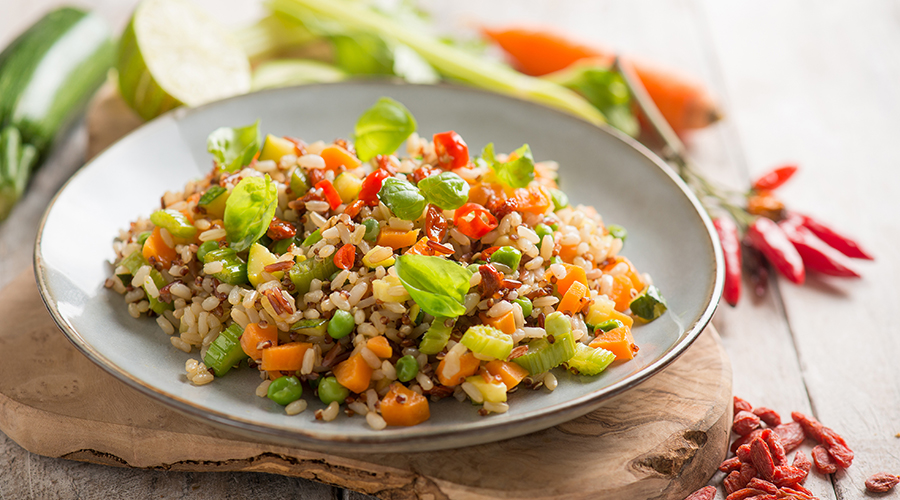Is a Calorie Really a Calorie?
21 October 2024
Hello Ziddis! Don’t we all fear calories and run in the opposite direction like it is a bad thing? Well here are our two cents! Not all calories are created equal! The source of the calories is to be given the credit. Every food you eat will have a certain caloric value whether you have carbs, fats or even proteins. But, how your body processes it is important.
When you consuming protein, the calorie is used by your body to build muscles instead of going straight into the fat zone. This means that the calories you have as proteins are the stairway to your muscle-building era.
Why Should You Be Consuming Protein?
We all know protein is the building block for muscles. Whether you want to gain muscles or repair them, protein is what will help you. It is one of the macros and your body needs it in abundance. By consuming proteins you are helping your body repair muscle tissues, support healthy muscle growth and maintain overall body functions.
Did you know consuming protein can make our immune system stronger and balance our hormone levels? Women with PCOS are advised to have proteins before having any sugar or carbs so that their insulin hormone level is balanced and does not spike causing energy bursts and then a steep dip with lethargy.
Protein also helps keep you satiated for longer so that you don’t munch on unnecessary foods. This will help you maintain your weight.
Daily Consumption of Protein
Now that we know how important protein is for us, let us understand how much is the ideal amount of protein you should have every day for your daily diet. Whether you are trying to build muscle, maintain muscle or simply stay on track with your fitness, protein intake is a very important thing in your diet. You must try to include protein in every meal you have.
- How much protein you should have per day can be calculated with a simple formula.
- 10% of your body weight in grams is how much protein you need per day.
- For example, if your weight is 70 kg, you need to consume 70 grams of protein each day. This amount is good for you to maintain your health.
How Much Protein Should I Consume to Build Muscle?
If your goal is to build muscle, make sure you go over and above the daily requirement. This will also depend on your activity level. The thumb rule is to consume 1.6 to 2.2 grams of protein per kg of your body weight per day. This will not just maintain your muscles but also help them grow. For example, if your weight is 70 kg, you should consume 112 to 154 grams of protein every day.

How Can You Get More Protein?
You will be surprised to know how many foods that you consume daily are protein-rich! By just being strategic with these foods, you can reach your daily protein intake goals without any hassle.
Here’s how you can add protein to all your meals:
- Breakfast: You can start your day with some paneer bhurji and roti or a protein shake made with Whey protein powder depending on your morning activities.
- Lunch: Indian meals often include sprouts, dal, paneer, chicken or fish- all of these have proteins. So having a bowl full of dal can give you a good amount of protein. Whether you are a vegetarian or non-vegetarian, Indian lunches have a way of helping you with your protein intake.
- Snacks: Make sure you have some on-the-go protein-rich snacks like protein bars, nuts or chana to keep you feeling full.
- Dinner: It is said that the dinner should be lighter, so you could have some dal soup, some chickpea salad or chicken salad to end your day on a proteinous note.
Takeaway
Protein is not just an important macro in your diet, it is the base of healthy food for you. With no haters protein always earns the title of the healthiest and supportive component of diet. But pair it with the right foods and you have made yourself a balanced plate. Make sure to not run away from calories but understand where they come from and where do they end up in your body.









 100% Safe & Secure payments:
100% Safe & Secure payments:




